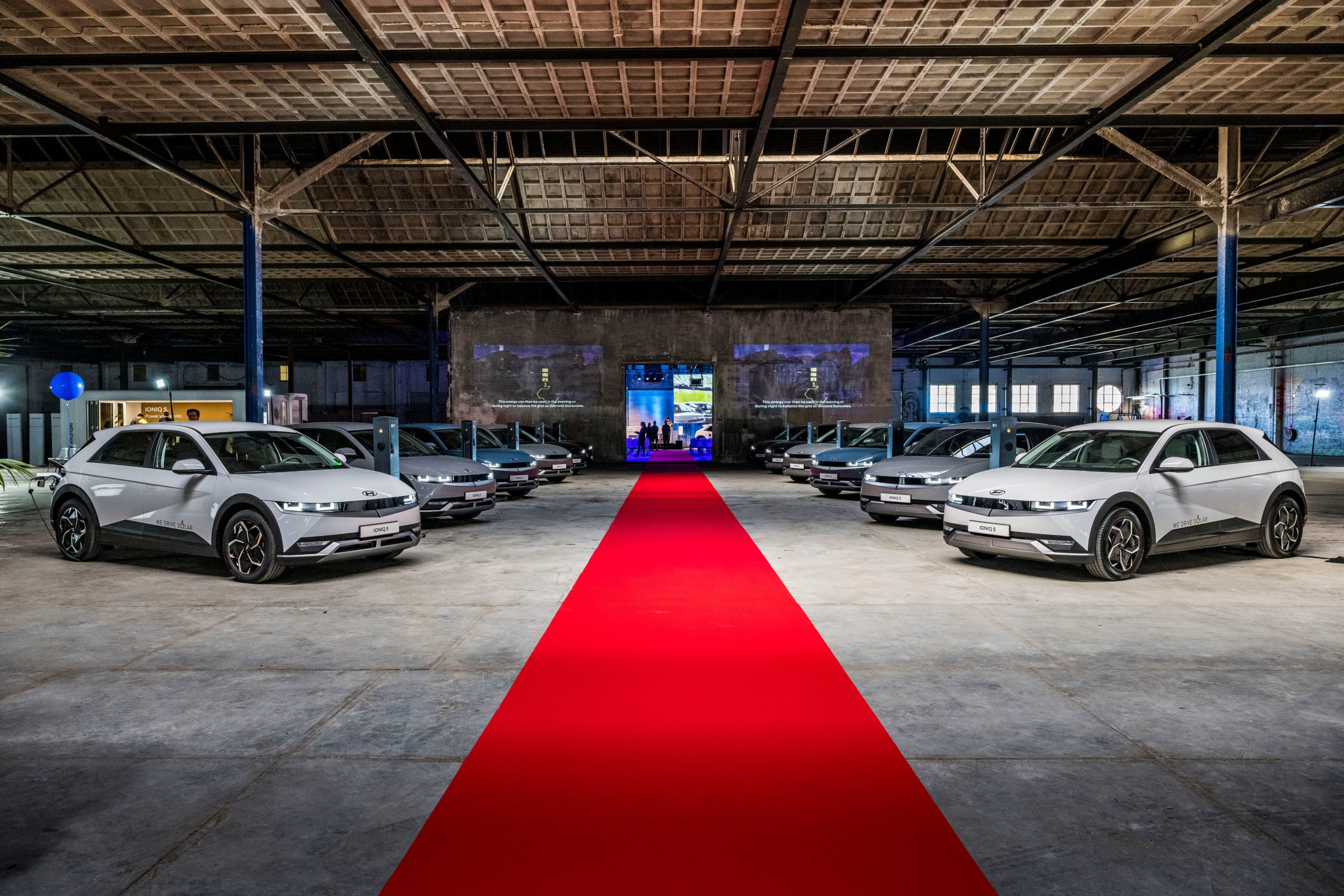
Hyundai Group guns for top three place in global EV market

Hyundai is rolling out the red carpet for itself, and aims to enter the global top three of EV makers by 2030 /Hyundai
By the decade's end, the Hyundai Group wants to be one of the top three global EV makers. So the Korean carmaker is piling up sales from its


Comments
Ready to join the conversation?
You must be an active subscriber to leave a comment.
Subscribe Today